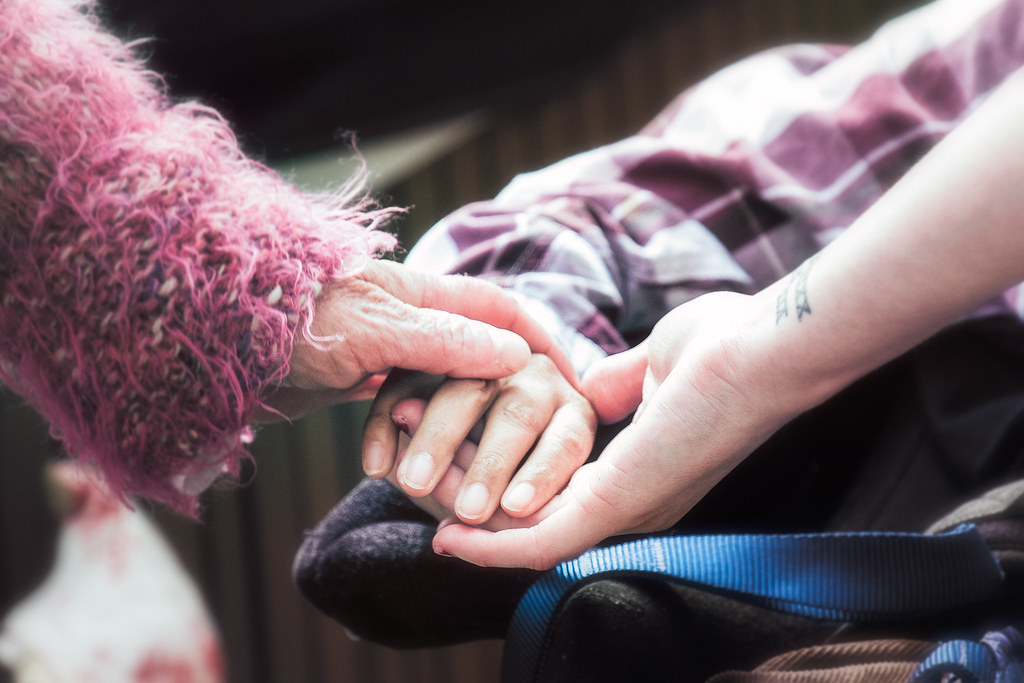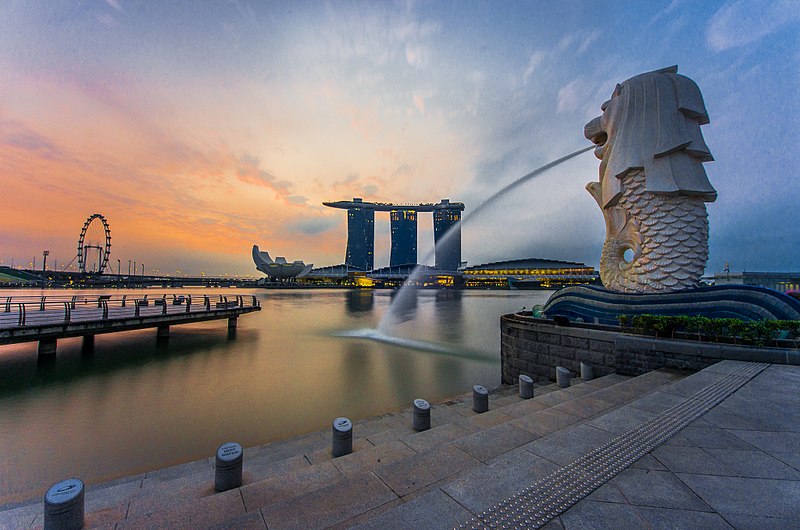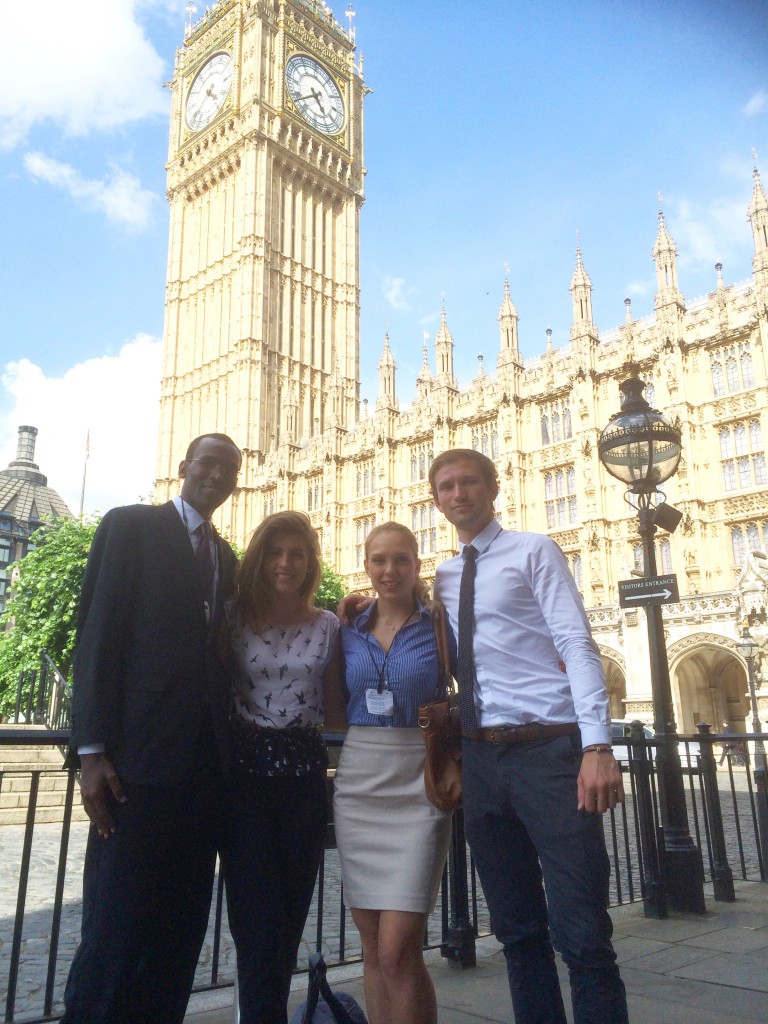
By Rebecca Brooks, MSc International Development and Humanitarian Emergencies student, 2013-14
On 24 June 2014, four students studying for the MSc in International Development and Humanitarian Emergencies presented the findings of their consultancy project to an expert panel and a select audience at the Houses of Parliament.
One of the many exciting opportunities available to us on the MSc in International Development and Humanitarian Emergencies is the Humanitarian Consultancy Project.
In teams of four or five, we are employed by a live client to produce a report on a problem clients may have, or an area of research they require. This allows us to gain practical experience of dealing with current policy issues and best practice in the field of humanitarian assistance. This year, consultancy clients included UNHCR, UNICEF, the Disasters Emergency Committee and International Alert.
Our client was British and Irish Agencies Afghanistan Group (BAAG), and we spent five months researching, analysing and writing a report on the coverage Afghanistan has received in the British print media. At the end of March, we presented our findings to BAAG. A few months later they informed us that our report would form the cornerstone of their project ‘Afghanistan in the British print media’, to be launched by a debate panel held in a 65-seater Committee Room in the Houses of Parliament, hosted by the All Party Parliamentary Group on Afghanistan. BAAG asked us to form part of the panel and present our methodology and findings.
This was an extremely exciting opportunity for us. It gave us the chance to present the data we had produced to top researchers, policy makers and NGOs working on Afghanistan in the UK, and highlight the challenges we had found concerning the relationship between the media and NGOs.
Following our presentation and the panel’s opening discussion, we engaged in an extremely interesting debate with key journalists reporting on Afghanistan and members of Afghan civil society on the future of British involvement in Afghanistan and how we can challenge the negative discourse concerning British aid efforts that seems to dominate the current media narrative.
After the discussion, the panel congratulated us on our report and NGOs approached us concerning our recommendations. The most rewarding part of the experience, however, was when members of Afghan civil society expressed their thanks for our time and support to their country in the campaign for sustained British involvement to the long-term development of Afghanistan.
Presenting the findings of our consultancy project in the Houses of Parliament was an absolutely fantastic experience and a great end to the hard work we had put into our consultancy project. We are so pleased that it has been of use to BAAG in their crucial work on Afghanistan, and we are very grateful to have had the opportunity to contribute to this extremely important debate.
It was exciting to see that the consultancy report we extensively worked on isn’t merely one that will be filed away and remain unused, but rather, that it has become part of a large and relevant debate on British involvement in Afghanistan’s future. It was truly inspiring to be able to become part of this debate as researchers alongside key journalists, policy makers and non-profit organisations, to be able to present our findings and contribute to the discourse. Moreover, doing so in the Houses of Parliament with people that are highly passionate about the topic and that perceived our work as beneficial for the cause they advocate was the most rewarding thing for me. I personally hope that the report and its methodology will be seen as a platform for further research and advocacy endeavours.
Aleksandra Taskovic
My happiness today is not in the mere launch of the report and a rare opportunity to present it at the UK Houses of Parliament; it is in the joy of achievement, in the magnificent mixture of the thrill of creative effort, accomplishment and now triumph of the group.
George Ndung’u Kamau
To read BAAG’s article about the report, click here.
About the MSc International Development & Humanitarian Emergencies
Related Posts
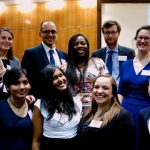 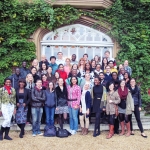 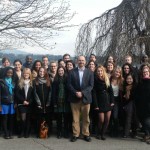 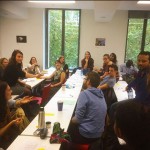 |
 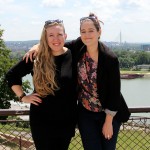  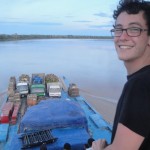 |


